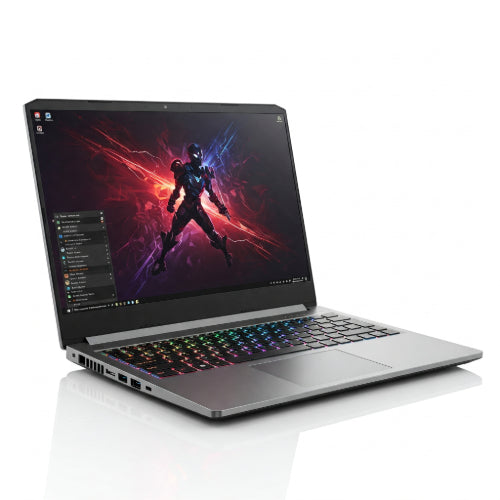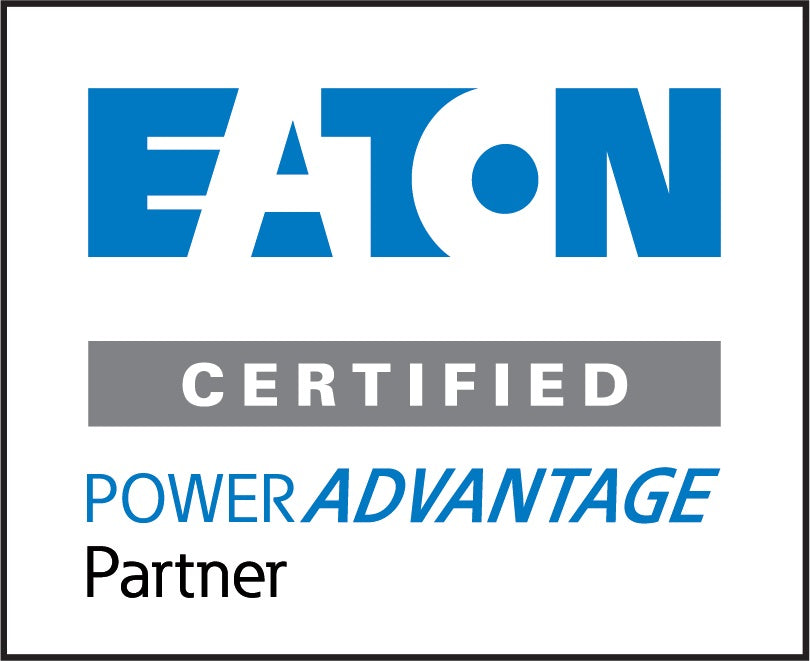Level Up or Log In? Choosing the Right Laptop for Gaming vs. Work
The quest for the perfect laptop often boils down to a fundamental question: will it primarily be a tool for conquering virtual worlds or tackling real-world tasks? While some high-end machines can straddle both realms, the ideal laptop for immersive gaming often has different priorities than one optimized for productivity. Making the right choice can save you money, frustration, and ensure you have the best experience for your primary use.
Let's dive into the key features to consider when choosing between a gaming laptop and a work laptop:
The Gaming Beast: Prioritizing Power and Visuals
A gaming laptop is built for one primary purpose: to deliver a smooth, immersive, and visually stunning gaming experience. Here's what matters most:
-
Powerful Graphics Card (GPU): This is the heart of a gaming laptop. Look for dedicated GPUs from NVIDIA GeForce RTX series or AMD Radeon RX series. The higher the number, generally the better the performance for demanding games at higher settings and resolutions. Consider the VRAM (Video RAM) as well; more VRAM is crucial for texture-intensive games.
- Example: An NVIDIA GeForce RTX 4070 or an AMD Radeon RX 7800M XT would be excellent choices for high-end gaming.
-
High Refresh Rate Display: A 120Hz or 144Hz (or even higher) display significantly reduces motion blur and makes gameplay feel much smoother and more responsive, especially in fast-paced games. Look for low response times (measured in milliseconds) as well.
- Why it matters: A higher refresh rate gives you a competitive edge by making visuals clearer during fast action.
-
Powerful Processor (CPU): While the GPU is king for graphics, a capable CPU is essential to avoid bottlenecks and ensure smooth overall performance, especially in CPU-intensive games and multitasking. Intel Core i7/i9 or AMD Ryzen 7/9 series processors are generally recommended.
- Don't skimp: A weak CPU can limit the potential of even a powerful GPU.
- Ample and Fast RAM: 16GB of RAM is the minimum for modern gaming, with 32GB being increasingly recommended for smoother multitasking and future-proofing. Look for faster RAM speeds (measured in MHz).
- Fast Storage (SSD): A fast NVMe SSD is crucial for quick game loading times, system boot-ups, and snappy application performance. Aim for at least 512GB, with 1TB or more being ideal for a larger game library.
- Effective Cooling System: High-performance components generate a lot of heat. A robust cooling system with multiple fans and heat pipes is essential to prevent thermal throttling (performance reduction due to overheating) and ensure the longevity of the laptop. Gaming laptops often have noticeable vents and can get loud under load.
- Decent Keyboard and Trackpad: While many gamers use external peripherals, a responsive keyboard with good travel and anti-ghosting features (registering multiple key presses simultaneously) is important. The trackpad is less critical but should be usable for basic navigation.
- Connectivity: Multiple USB ports (including USB 3.0 or higher), HDMI for external displays, and fast Wi-Fi are important for connecting gaming peripherals and ensuring a stable internet connection for online gaming.
The Productivity Powerhouse: Efficiency and Portability First
A work laptop prioritizes efficiency, portability, battery life, and a comfortable user experience for everyday tasks.
- Capable Processor (CPU): While extreme power isn't always necessary, a reliable processor like an Intel Core i5 or AMD Ryzen 5 (or higher for more demanding tasks like video editing or data analysis) is essential for smooth multitasking and running productivity applications.
- Sufficient RAM: 8GB of RAM is generally sufficient for most office tasks, web browsing, and document editing. 16GB can be beneficial for heavier multitasking or running virtual machines.
- Fast Storage (SSD): A fast SSD is still crucial for quick boot times and application loading, improving overall productivity. 256GB is often a good starting point, but consider your storage needs for documents and files.
- Integrated Graphics (or a modest dedicated GPU): For most work tasks, integrated graphics are sufficient and help conserve battery life. A low to mid-range dedicated GPU might be beneficial for light photo/video editing or running specialized professional software, but it's not a primary concern.
- Comfortable and High-Quality Display: A sharp display with good color accuracy and viewing angles is important for long work sessions. Consider the screen size and resolution that best suits your needs and portability requirements.
- Excellent Keyboard and Trackpad: A comfortable keyboard with good key travel and a precise trackpad are crucial for all-day productivity. Ergonomics should be a key consideration.
- Long Battery Life: Portability is often a key factor for work laptops. Look for models that offer several hours of battery life to get you through meetings and work sessions on the go.
- Connectivity: A good selection of USB ports, HDMI, and reliable Wi-Fi are essential. Thunderbolt/USB-C ports can be particularly useful for connecting to docking stations and external displays.
- Security Features: Features like a fingerprint reader, IR camera for facial recognition (Windows Hello), and TPM (Trusted Platform Module) are important for protecting sensitive business data.
- Build Quality and Durability: Work laptops often need to withstand daily use and travel. Look for laptops with a solid build and durable materials.
Can You Have the Best of Both Worlds?
Yes, to some extent. High-end laptops are emerging that attempt to bridge the gap between gaming and work. These often feature powerful processors and dedicated GPUs, along with decent displays and battery life. However, there are usually compromises:
- Price: These "do-it-all" laptops tend to be significantly more expensive.
- Battery Life: Even with optimizations, a powerful gaming GPU will typically drain the battery faster than integrated graphics.
- Portability: High-performance components often require larger chassis and more robust cooling, making them less portable than ultraportable work laptops.
- Aesthetics: Gaming laptops often have a more aggressive design with RGB lighting, which might not be suitable for all professional environments.
Making the Right Choice:
Ultimately, the best laptop for you depends on your primary use case and budget. Ask yourself these questions:
- What will be the primary use of this laptop? (Gaming, work, or a fairly even split?)
- What are the most demanding tasks I will be performing? (Specific games, software applications?)
- How important is portability and battery life?
- What is my budget?
By carefully considering these factors and the key features outlined above, you can make an informed decision and choose the laptop that will best serve your needs, whether you're aiming for victory in the virtual arena or productivity in the professional world.







